How Robotic and Technology are Helping the Education Sector
Education is the building block of society. While in the early days, education setup was all about a tree, chalk and slate with the change in time, it has revamped into a luxury space that includes everything that reduces human effort in terms of learning.
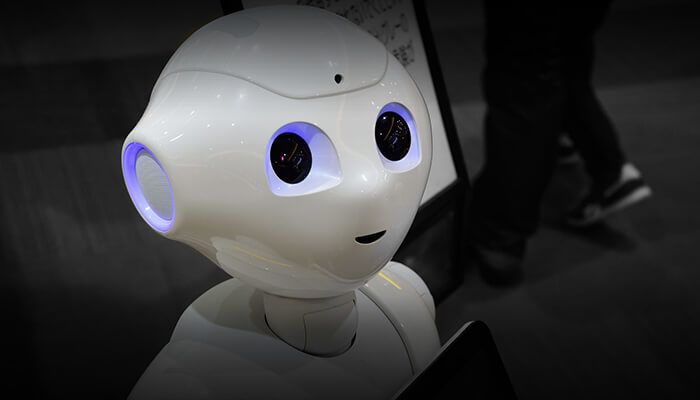
Today, more than anything else, the entire focus is shifting towards innovation, creativity, technical advancement. Education is not just limited to educate someone rather it has become a practice to innovate and the formal education system is reaching a new level.
- 0 Comments
- Dec 20, 2019 10:00:00 AM
- Posted by Natalia Galvis
- Topics: Robotics, EdTech, Education, Robots,, Technology, Edchat, Digital Technology
Educators: Are You Really Technology Literate?
The Internet is firmly here to stay. Computers and the World Wide Web have come a long way since the net first launched in the late sixties. Computers and all their silicon associates have cemented themselves into the modern world. Cell phones, laptops, iPods, iPads, tablets – the list goes on and on. Screen-literacy has become a mandatory part of success in today’s world.
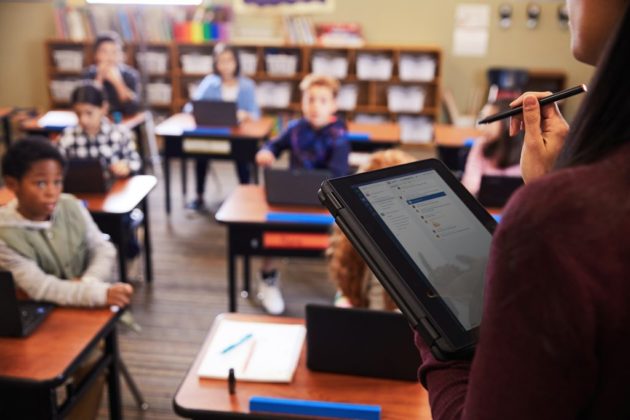
- 0 Comments
- Dec 19, 2019 10:15:00 AM
- Posted by Natalia Galvis
- Topics: Robotics, EdTech, Education, Robots,, Technology, Edchat, AI, Digital Technology
Funding Education Innovation: 3 Ways To Get it Right
There’s no doubt that education innovation is a pressing issue in our country today. As societal needs continue to evolve, educational reform should follow in order to meet those needs. One of the most impactful ways to respond to the evolution of needs is education innovation, and there is a way to do it.

- 0 Comments
- Nov 25, 2019 10:00:00 AM
- Posted by Natalia Galvis
- Topics: Robotics, EdTech, Education, Robots,, Technology, Innovation, Edchat
5 Ways That Technology can Expand Creativity in Higher Education
Creativity has always been a part of a successful classroom, however recent advances in technology are making it possible to increase the ability for students to use their creativity in academia. With the ability to take and store thousands of pictures and videos, and listen to music in the palms of our hands, our students have the ability to be more and more creative in their projects, assignments, as well as group and individual tasks. As universities are encouraging the expansion and use of technology in the classroom, many professors are also encouraging the development of their students’ creative minds.
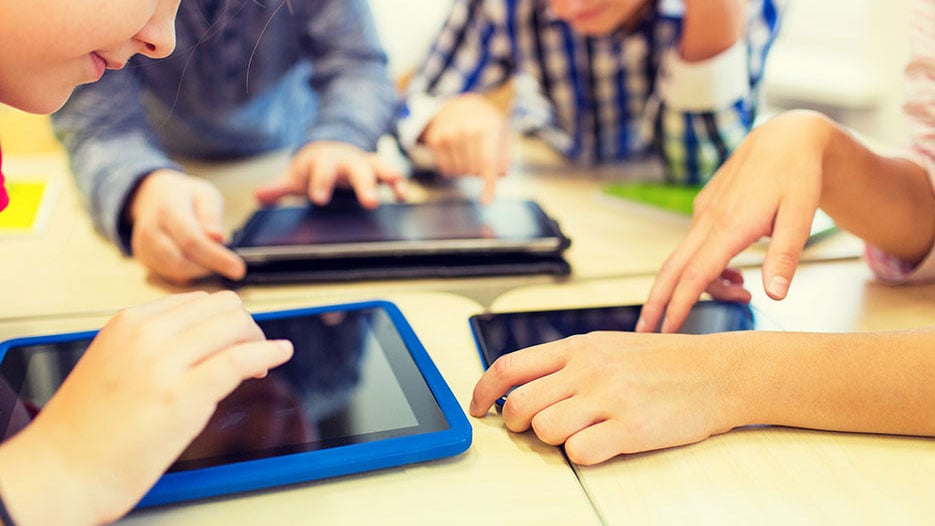
- 0 Comments
- Nov 4, 2019 10:00:00 AM
- Posted by Natalia Galvis
- Topics: EdTech, STEM, Technology, STEMchat, Edchat, Digital Technology
7 Creative Ways to Fund Classroom Technology
Including technology in your classroom is an important way to help students learn and grow. However, sometimes the budget constraints of your district or school may hinder progress. It’s important to know that there are ways to support technological growth at your school, without dipping into your savings. Here are a few creative ways to raise funds for classroom tech.
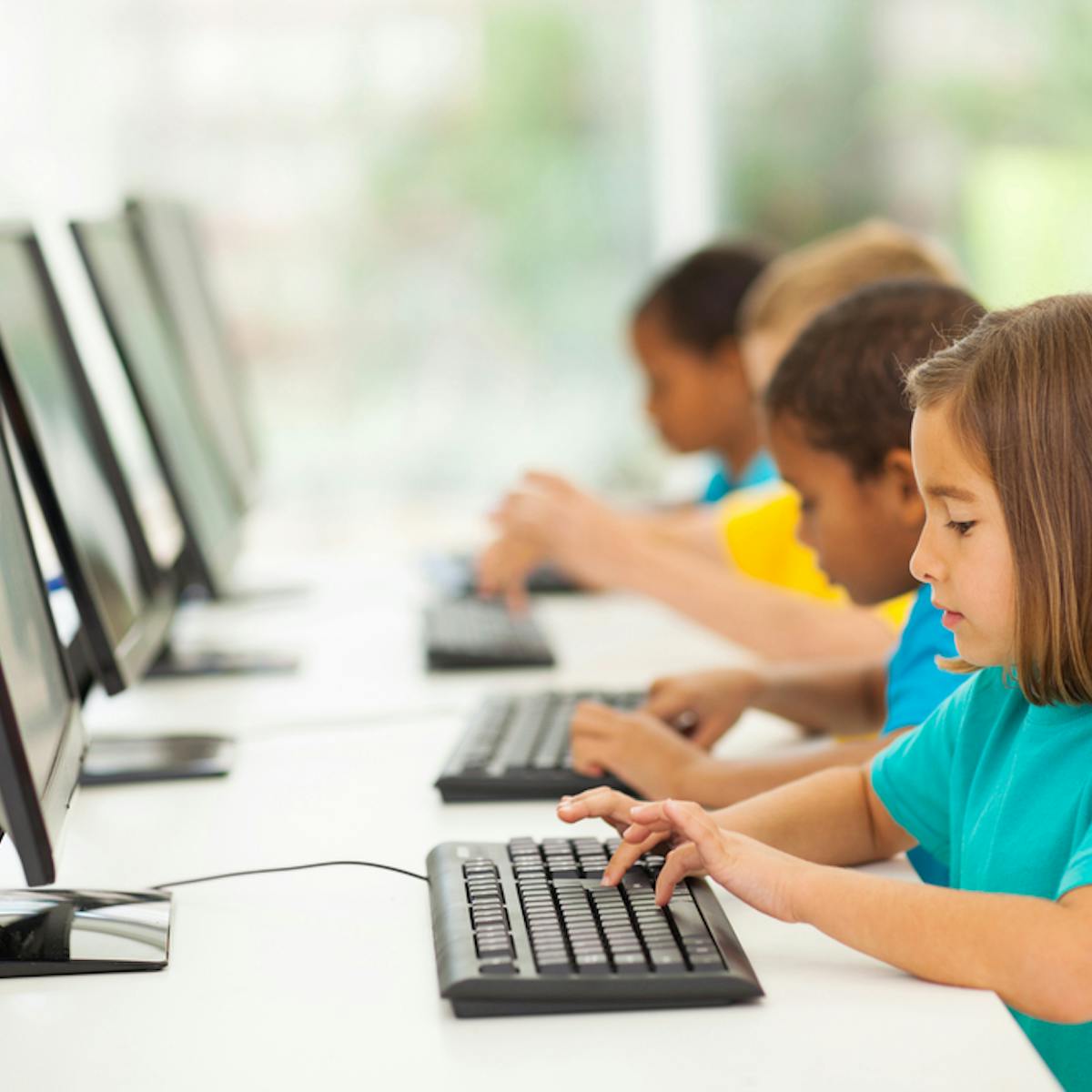
- 0 Comments
- Oct 8, 2019 10:00:00 AM
- Posted by Natalia Galvis
- Topics: EdTech, STEM, Technology, STEMchat, Edchat, Digital Technology
Helping Teachers Use Technology and Technology Experts Teach
Although many teachers now have grown-up in the technology age, many traditional or “old-school” teachers are still not feeling equipped to teach in the classroom of the 21st century. Teachers that earned their certificates in the 60’s, 70’s, 80’s, and even the 90’s may or may not feel prepared to operate and utilize today’s education equipment in the classroom.

From the replacement of chalkboards with smart boards to the use of iPads in the classroom with apps for learning in English, Math, Science, and many other areas, the advances in technology are taking hold in today’s classrooms. The question remains how do we educate our teachers on how to use the technology?
- 0 Comments
- Sep 11, 2019 10:30:00 AM
- Posted by Natalia Galvis
- Topics: EdTech, STEM, teachers, Technology, Edchat
How Makerspaces in Schools Help Students Learn to Code
Makerspaces in schools are giving educators new options to teach students core coding concepts. Learn why makerspaces could be right for your classroom.
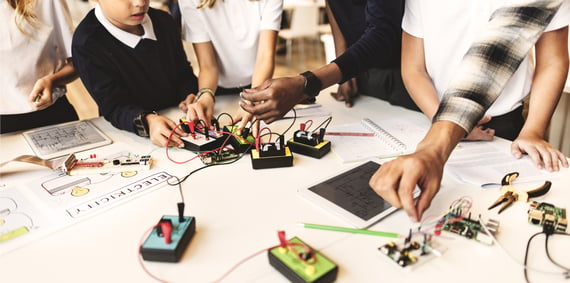
- 0 Comments
- Sep 10, 2019 10:00:00 AM
- Posted by Natalia Galvis
- Topics: EdTech, STEM, Technology, Makerspace, Edchat
Kids Learn Better When Playing with Robots
For many students, math and science have always been boring subjects, too bogged down with technical details to ever be fun or exciting. Teachers have long tried a variety of strategies to get students excited about STEM. It turns out, one of the best ways to get kids pumped about STEM is through the use of robots.
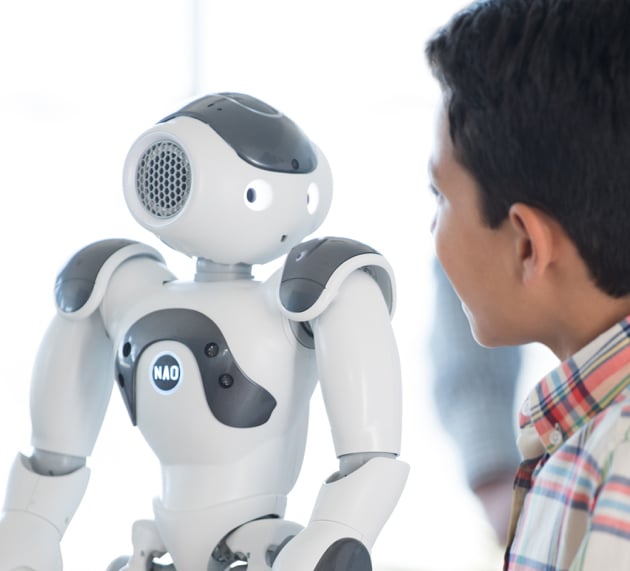
- 0 Comments
- Sep 9, 2019 10:15:00 AM
- Posted by Natalia Galvis
- Topics: Robotics, EdTech, STEM, Robots,, Technology, STEMchat, Edchat
7 Ingenious Ways to Use Edtech in the Classroom
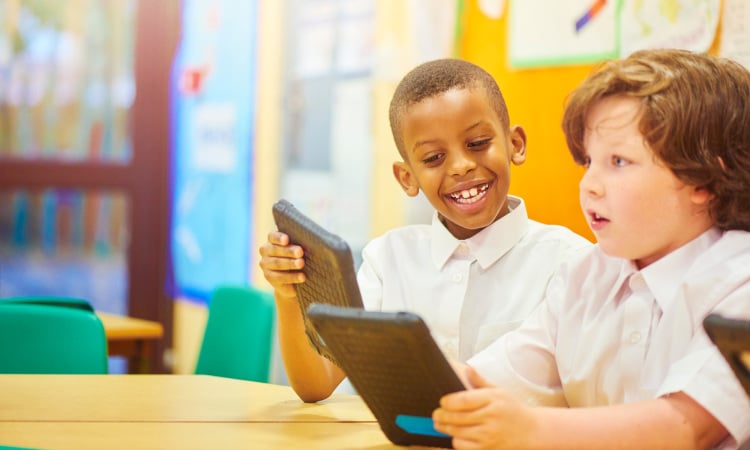
Edtech makes teaching a breeze, right? Um…maybe not. Edtech remains an untapped resource in many classrooms. We are here to help teachers climb the edtech learning curve.
These inventive methods of using edtech tools in the classroom will breathe new life into teaching Common Core Standards. Edtech enhances classroom learning. Students engage the projects and assimilate targeted information and skills without resistance.
- 0 Comments
- Aug 20, 2019 10:09:00 AM
- Posted by Natalia Galvis
- Topics: EdTech, STEM, 21st Century Classroom, Technology, STEMchat, Edchat
Robots: Learning companions for our children
When you were a child, did you ever dream of having an imaginary buddy to help you with your schoolwork? What has long been the stuff of science fiction may soon become a reality. With the progress that has been made in the fields of artificial intelligence (AI) and machine learning, the idea that every child could have a personal robot tutor is no longer so outlandish, and some schools and countries have already introduced robots into the classroom. What role can AI play in education, and what promises and challenges does it entail?
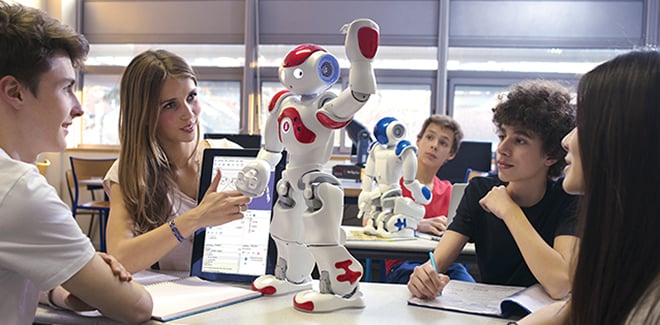
- 0 Comments
- Jul 23, 2019 8:04:28 AM
- Posted by Maria Alejandra Calcetero
- Topics: EdTech, STEM, Technology, STEMchat
Relevant Posts
Popular Posts
Subscribe to Email Updates
-
I Want To Learn MoreADDITIONAL INFORMATION


